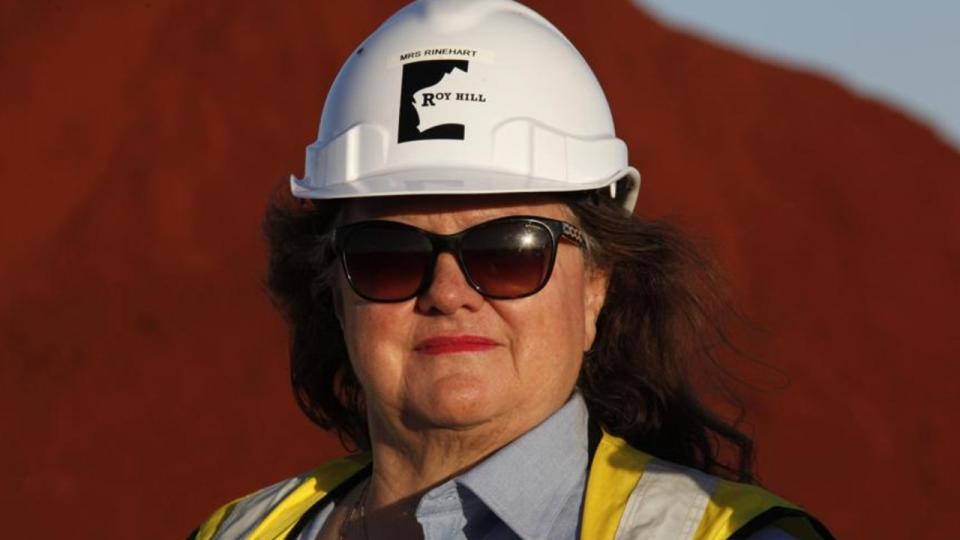Rinehart’s children suffer small legal loss

The WA Supreme Court has denied Gina Rinehart’s children John Hancock and Bianca Rinehart’s application to access dozens of documents and correspondence that were made between their mother and her lawyers dating back decades.
The siblings were trying to get hold of the documents to push their case in a long-running feud with Ms Rinehart, in which they claim mining assets handed down by their iron ore pioneer grandfather Lang Hancock belonged to them.
But Ms Rinehart and Hancock Prospecting claimed the documents were “privileged” because they contained legal advice and were therefore “without prejudice”.

Ms Rinehart’s children had argued their mother and Hancock Prospecting could not maintain privilege because it had not been established or it had been waived.
In her decision, Justice Natalie Whitby said their claim for privilege could not be sustained on multiple grounds and was without merit, she also criticised the pair for taking up court time.
“The hearing of the applications occurred over six days,” she said.
“The court book for the hearing comprised just over 6000 pages. The parties referred to approximately 160 authorities.
“To say that the resources dedicated to these privilege applications was grossly disproportionate to the issues in dispute is an understatement.”

The judgment was made in a long-running feud between some of Western Australia’s wealthiest mining families.
Last year, a case against Hancock Prospecting was heard in the WA Supreme Court over 51 days, it was initiated by the families of Lang Hancock’s business partner Peter Wright and associate Don Rhodes.
The Wright family initiated legal action back in 2010 to stake their claim in billions of dollars worth of mining royalties and assets against Hancock Prospecting to claim a portion of ownership and royalty rights against Hancock Prospecting’s Pilbara operations at Hope Downs mines.

In 2013, the Rhode’s family joined the action with a claim for 1.25 per cent of the royalty from Hope Downs’ production.
Then in 2016, Ms Rinehart’s own children joined the action, claiming a 50 per cent stake in Hope Downs mines belonged to them.
To make matters more complex, lawyers for the Rinehart children have argued both claims by the Wright and Rhodes parties had no basis.
They said Wright Prospecting had previously received the full legal value of its rights to Hope Downs, adding the 1969 agreement in fact gave DFD Rhodes no rights to any of the Hope Downs tenements.
The case centred around royalties from Hancock’s Hope Downs mines, and alleged agreements made with other mining entities which the feuding families claimed entitled them to a share of those royalties.
A judgment in that case is yet to be handed down.


